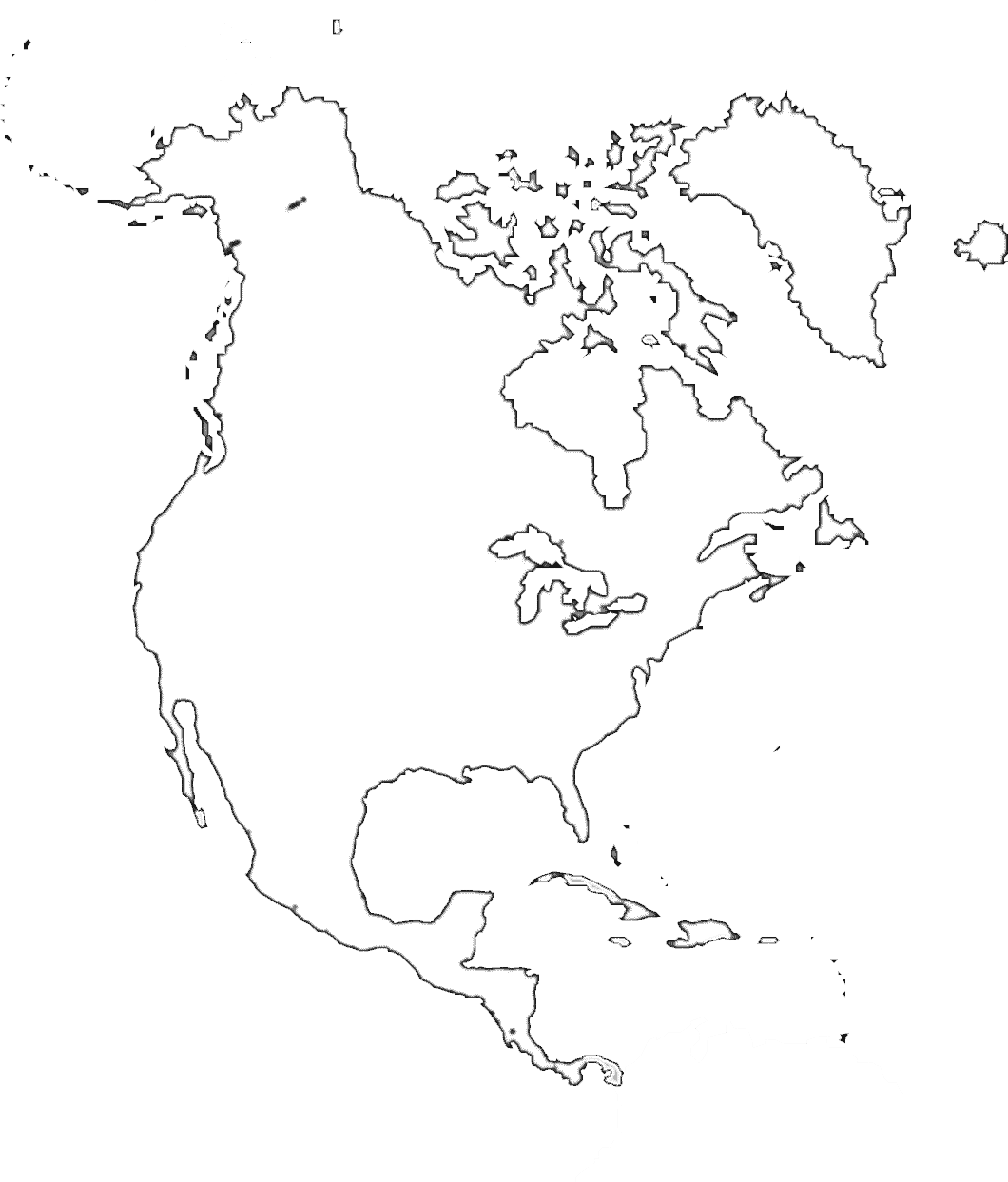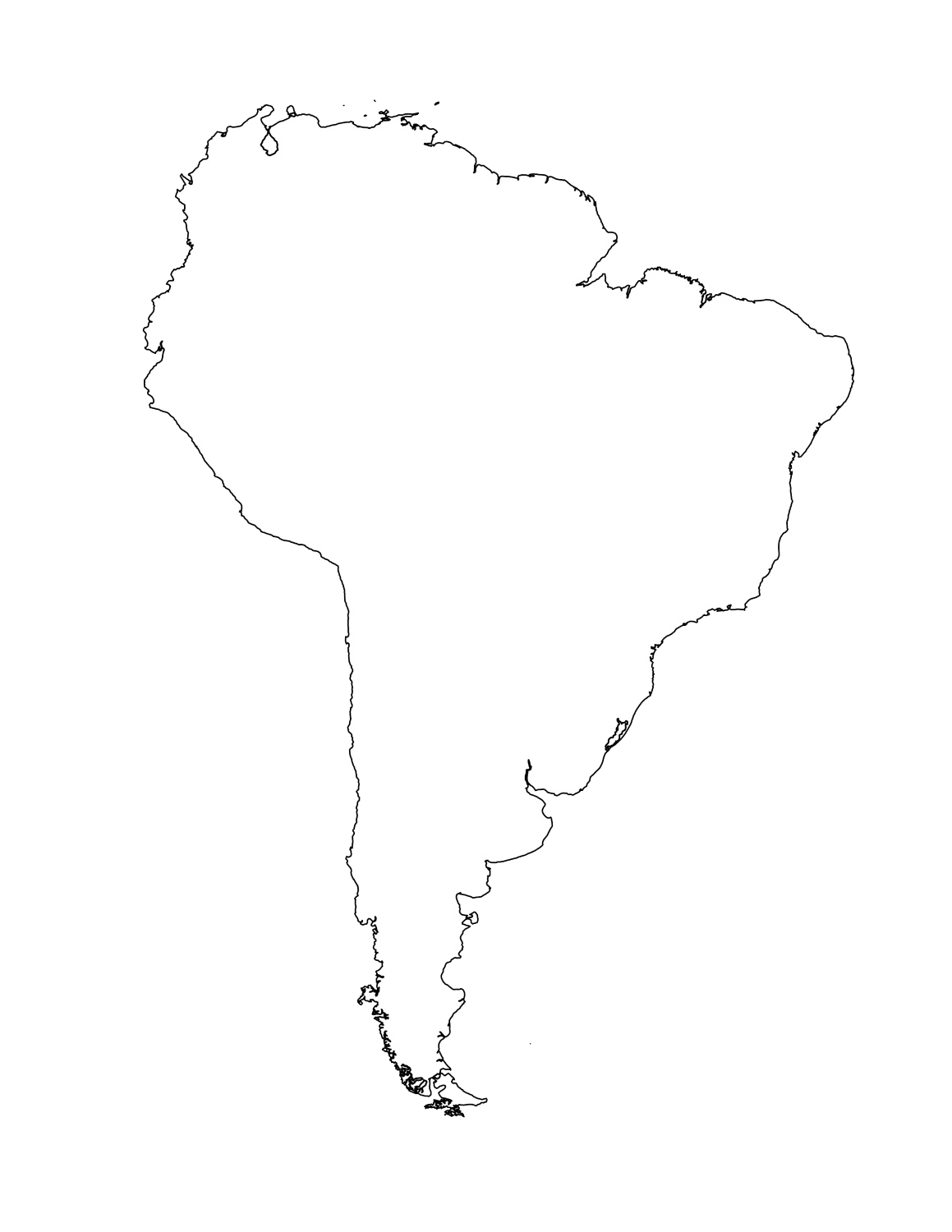
|
Omaha, Nebraska - USA
|
|
About Omaha, Nebraska
Omaha is the largest city in the state of Nebraska, United States, and is the county seat of Douglas County. It is located in the Midwestern United States on the Missouri River, about 10 miles (15 km) north of the mouth of the Platte River. Omaha is the anchor of the Omaha-Council Bluffs metropolitan area, which includes Council Bluffs, Iowa, across the Missouri River from Omaha. According to the 2010 census, Omaha's population was 408,958, making it the nation's 41st-largest city. According to the 2014 Population Estimates, Omaha's population was 446,599. Including its suburbs, Omaha formed the 60th-largest metropolitan area in the United States in 2013 with an estimated population of 895,151 residing in eight counties. The Omaha-Council Bluffs-Fremont, NE-IA Combined Statistical Area is 931,667, according to the U.S. Census Bureau's 2013 estimate. There are nearly 1.3 million residents within a 50-mile (80 km) radius of the city's center, forming the Greater Omaha area.
Omaha's pioneer period began in 1854 when the city was founded by speculators from neighboring Council Bluffs, Iowa. The city was founded along the Missouri River, and a crossing called Lone Tree Ferry earned the city its nickname, the "Gateway to the West." It introduced this new West to the world when in 1898 it played host to the World's Fair, dubbed the Trans-Mississippi Exposition. During the 19th century, Omaha's central location in the United States spurred the city to become an important national transportation hub. Throughout the rest of the 19th century, the transportation and jobbing sectors were important in the city, along with its railroads and breweries. In the 20th century, the Omaha Stockyards, once the world's largest, and its meatpacking plants, gained international prominence.
Today, Omaha is the home to the headquarters of five Fortune 500 companies: packaged-food giant ConAgra Foods; the U.S.'s largest railroad operator, Union Pacific Corporation; insurance and financial firm Mutual of Omaha; one of the world's largest construction companies, Kiewit Corporation; and mega-conglomerate Berkshire Hathaway. Berkshire Hathaway is headed by local investor Warren Buffett, one of the richest people in the world, according to a decade's worth of Forbes Magazine rankings, some of which have ranked him as high as No. 1. Omaha is also the home to five Fortune 1000 headquarters: TD Ameritrade, West Corporation, Valmont Industries, Green Plains Renewable Energy and Werner Enterprises. First National Bank of Omaha is the largest privately held bank in the United States. Headquarters for Leo A Daly, HDR, Inc. and DLR Group, three of the US's largest 10 architecture/engineering firms, are based in Omaha. The Gallup Organization, of Gallup Poll fame, also is based in Omaha, with its riverfront Gallup University. Enron began in Omaha as Northern Natural Gas in 1930 before taking over a smaller Houston company in 1985 to form InterNorth, which was moved permanently to Houston in 1987 by the notorious Kenneth Lay.
The modern economy of Omaha is diverse and built on skilled knowledge jobs. In 2009, Forbes identified Omaha as the nation's number one "Best Bang-For-The Buck City" and number one on "America's Fastest-Recovering Cities" list. Tourism in Omaha benefits the city's economy greatly, with the annual College World Series providing important revenue and the city's Henry Doorly Zoo serving as the top attraction in Nebraska. Omaha hosted the U.S. Olympic swim trials in 2008, 2012, and will host the event again in 2016.
Notable modern Omaha inventions include the TV dinner, developed by Omaha's then-Carl Swanson Co.; Raisin Bran, developed by Omaha's Skinner Macaroni Co.; cake mix, developed by Duncan Hines, then a division of Omaha's Nebraska Consolidated Mills, the forerunner to today's ConAgra Foods; Butter Brickle Ice Cream and the Reuben sandwich, conceived by a chef at the then-Blackstone Hotel on 33rd and Farnam Streets; center-pivot irrigation by Omaha's now-Valmont Corporation; the bobby pin and the "pink hair curler," at Omaha's Tip Top; the ski lift, in 1936, by Omaha's Union Pacific Corp; the "Top 40" radio format, pioneered by Todd Storz, scion of Omaha's Storz Brewing Co., and head of Storz Broadcasting, which was the first in the U.S. to use the "Top 40" format at Omaha's KOWH Radio. A character in a Rudyard Kipling essay claimed "dice were invented in Omaha, and the man who invented 'em, he made a colossal fortune."

















































